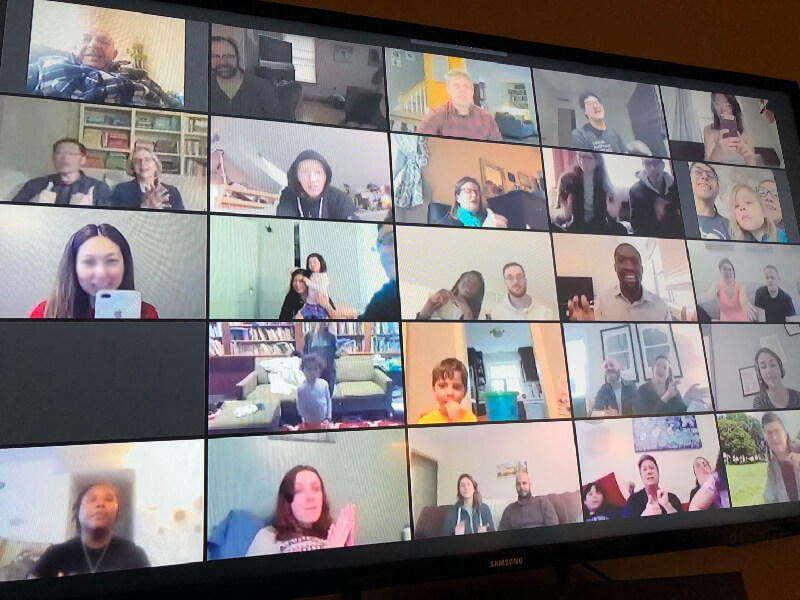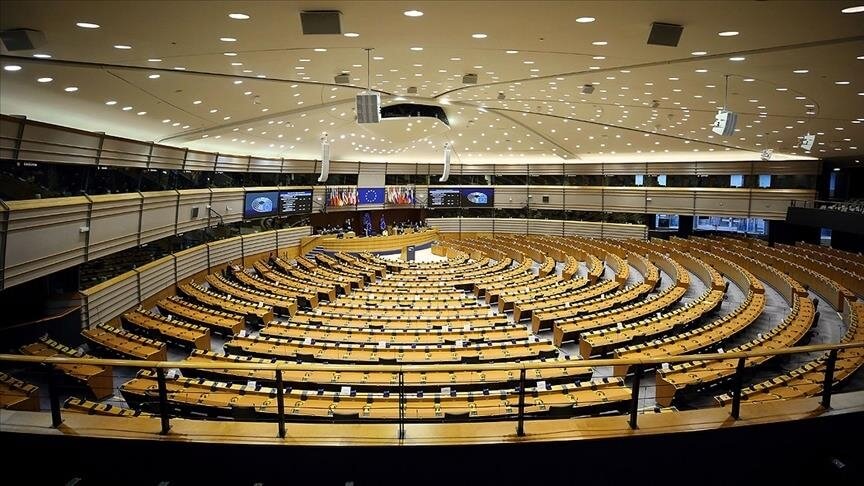After the UK drug regulator, it is learnt that the European Union (EU) drug regulator is also auditing the manufacturing site of Serum Institute of India (SII), which is making the Oxford-AstraZeneca Covid-19 vaccine.
A person in the know has told Business Standard that if the audit goes well, it can lead to SII supplying the vaccine to the UK as well as to the EU.
AstraZeneca has to deliver 180 million doses to the EU in the second quarter of the year and production constraints have cut down deliveries to the European countries. Recently, AstraZeneca Chief Executive (CEO) Pascal Soriot has indicated that the company may look at factories outside of the EU to meet the supply commitments.
Currently, SII is set to supply Covishield, the AstraZeneca-Oxford vaccine, to around 70 countries. Already shipments for the World Health Organization (WHO)-led Covax have left from India. However, SII is mostly committed to supply to the low- and medium-income countries and supplies to the EU was not part of the original contract.
SII, however, declined to comment on the matter.
According to Reuters, a senior EU official involved in talks with AstraZeneca has told the agency that SII could be a potential supplier. However, at present SII is prioritising the huge demand that India has for its own vaccination programme. Last week, Adar Poonawalla, CEO of SII, had tweeted, “Dear countries & governments, as you await #COVISHIELD supplies, I humbly request you to please be patient, @SerumInstIndia has been directed to prioritise the huge needs of India and along with that balance the needs of the rest of the world. We are trying our best.”
Last month, a team from the British drug regulator’s office visited SII’s Pune facility for an audit. If the Medicines and Healthcare products Regulatory Agency (MHRA) approves the manufacturing process of SII, it could also open doors for the vaccine to be shipped to countries other than the UK (those that recognise the MHRA approval).
The world’s largest vaccine maker, SII, meanwhile, got the emergency use license from WHO for the Oxford-AstraZeneca vaccine.
According to the interim distribution forecast released by Covax earlier this month, India will get around 97 million doses of the AstraZeneca vaccine made by SII. As of now, Covax has not allotted the Pfizer-BioNTech vaccine for India.
The document highlights that India is in line to receive around 97,164,000 doses of AstraZeneca vaccine licensed to SII in the first and second quarter of 2021. Covax plan states how the 240 million doses of the AstraZeneca-Oxford vaccine would be distributed across countries as well as the 1.2 million doses of the Pfizer-BioNTech vaccine.
As for the AstraZeneca-Oxford vaccine, which is licensed to SII delivery, is estimated to begin in late February. It was subject to WHO approval that has now come through. Around 40 per cent of the doses would be available in Q1, while the rest would be available in the second quarter.
With inputs from Reuters
Dear Reader,
Business Standard has always strived hard to provide up-to-date information and commentary on developments that are of interest to you and have wider political and economic implications for the country and the world. Your encouragement and constant feedback on how to improve our offering have only made our resolve and commitment to these ideals stronger. Even during these difficult times arising out of Covid-19, we continue to remain committed to keeping you informed and updated with credible news, authoritative views and incisive commentary on topical issues of relevance.
We, however, have a request.
As we battle the economic impact of the pandemic, we need your support even more, so that we can continue to offer you more quality content. Our subscription model has seen an encouraging response from many of you, who have subscribed to our online content. More subscription to our online content can only help us achieve the goals of offering you even better and more relevant content. We believe in free, fair and credible journalism. Your support through more subscriptions can help us practise the journalism to which we are committed.
Support quality journalism and subscribe to Business Standard.
Digital Editor



















